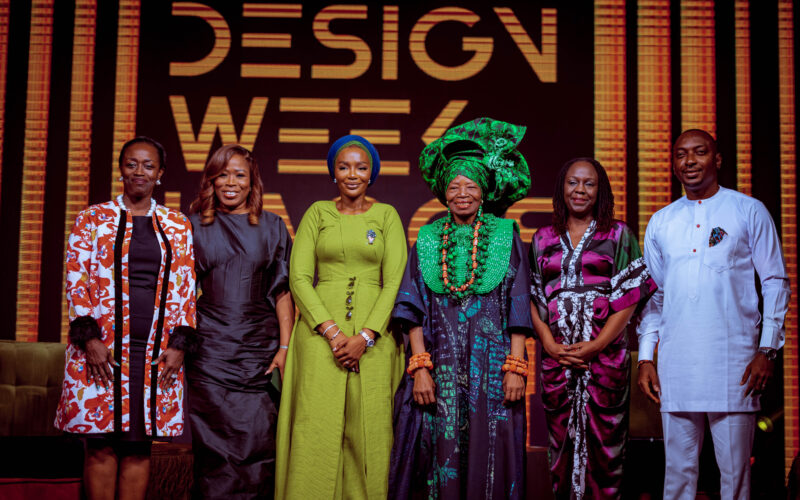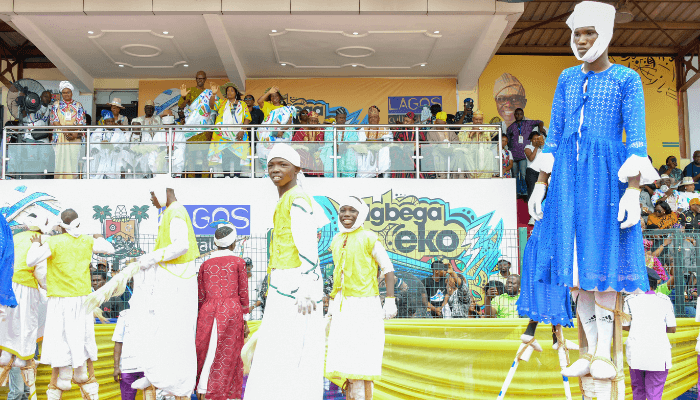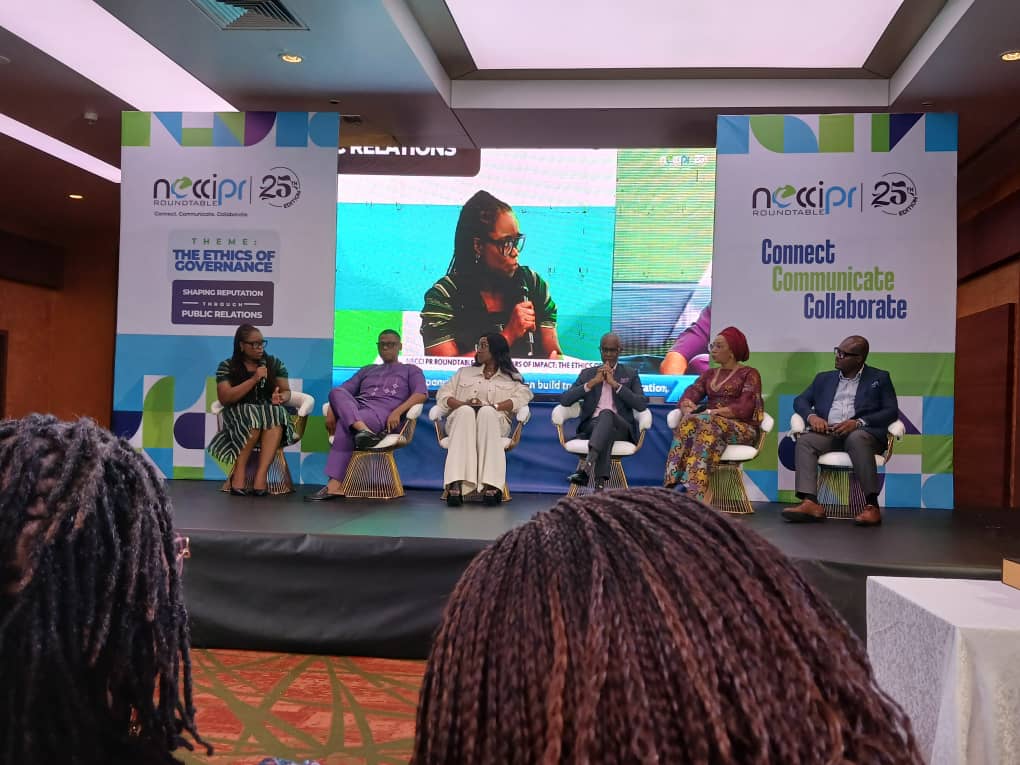ECOWAS supports women traders through a regional caravan initiative boosting informal trade, improving market access, and empowering female entrepreneurs
The ECOWAS supports women traders campaign reached a major milestone as the ECOWAS Caravan 2025 concluded in Lagos, spotlighting the critical role of women in informal cross-border trade across West Africa.
The two-week empowerment journey, launched by the Economic Community of West African States (ECOWAS), followed the Abidjan–Lagos trade corridor, with stops in Abidjan, Lomé, Cotonou, and Lagos.
The initiative culminated at the ECOWAS Gender Development Centre on July 14, after a series of strategic engagements to boost the visibility and economic potential of small-scale women traders.
“Women are the lifeblood of informal trade in West Africa. This caravan is about visibility, voice, and value—it’s about shaping policies that support women where it matters most,” said ECOWAS Commissioner for Social Affairs and Gender, Professor Fatou Sow Sarr, during the Lagos closing ceremony at the Federal Palace Hotel.
At the Lagos leg, Commissioner for Commerce, Cooperatives, Trade and Investment, Folashade Ambrose-Medebem, officially launched the local campaign.
She described the initiative as a bold intervention to empower the women who drive regional commerce.
“These women are not just traders; they are economic builders. They continue to sustain households and communities under harsh conditions,” she said, urging deeper institutional support and legal protection.
She further revealed that Lagos State Governor Babajide Sanwo-Olu approved ₦500 billion for MSMEs through the Access to Finance initiative.
This funding, matched by the Bank of Industry, provides interest-free loans with favourable terms for women-led cooperatives and informal businesses.
Dr Chinyere Almona, Director-General of the Lagos Chamber of Commerce and Industry (LCCI), applauded the campaign, calling it “symbolic and necessary.”
“For women in agriculture, fisheries, and border trade, their daily grind is not just a livelihood; it’s an act of resilience. ECOWAS supports women traders who fuel our informal economy,” Almona said.
She recommended continuous community-based training in local languages, digital trade platforms, and simplified customs processes to further empower grassroots entrepreneurs.
Princess Omotola Omole, President of the Federation of Business Women Entrepreneurs (FEBWE), echoed those sentiments, praising ECOWAS for standing by female traders in their quest to uplift families and communities.
“ECOWAS has been there for women who dare to dream big. Their commitment is unwavering,” she said.
The ECOWAS Small Business Coalition, represented by Dr Abdulrashid Yerima, described the caravan as a model for regional trade development.
“The bridges we build today become the trade routes of tomorrow’s prosperity,” he noted.
Over 300 participants attended the closing event, including local and regional leaders, female entrepreneurs, and development partners.
An interactive town hall meeting featured discussions on trade facilitation, toolkit presentations, and community feedback sessions.
The ECOWAS supports women traders initiative builds on earlier editions—the Tema–Paga corridor in 2023 and Dakar–Banjul–Bissau in 2024.
This year’s caravan not only advanced the economic inclusion of women but also deepened institutional collaboration and market access across member states.
As the 2025 caravan ends, ECOWAS reaffirmed its commitment to transforming regional trade by giving women the visibility and voice to shape West Africa’s future.





 Business3 years ago
Business3 years ago
 Events3 years ago
Events3 years ago
 Culture3 years ago
Culture3 years ago
 Culture3 years ago
Culture3 years ago
 Events3 years ago
Events3 years ago
 Events1 year ago
Events1 year ago
 Paranormal3 years ago
Paranormal3 years ago
 Events2 years ago
Events2 years ago






































